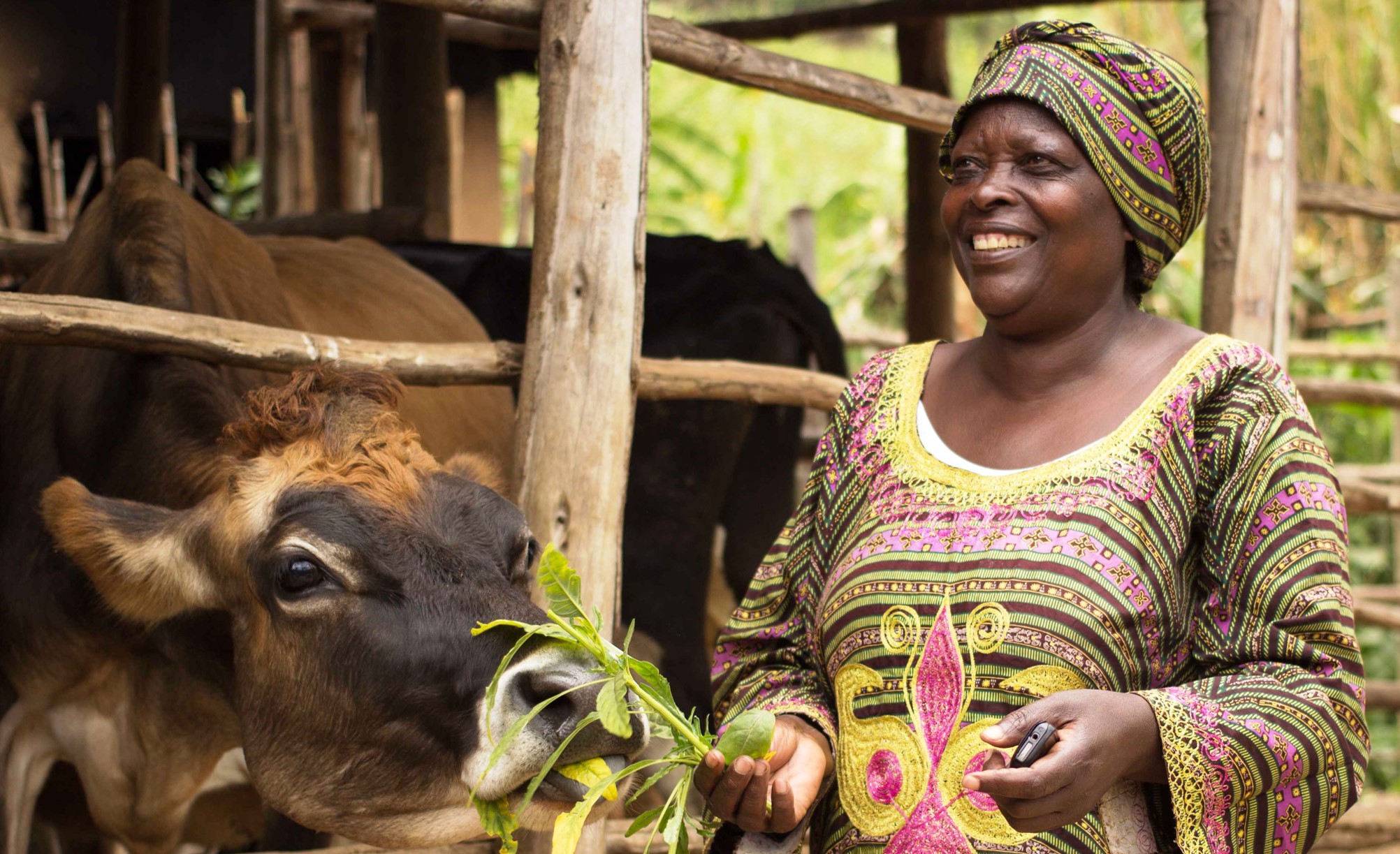Accelerating the transformation of African food systems is key to meeting the SDGs

At the 2022 summit of the African Green Revolution Forum (AGRF) held in Kigali, Rwanda, 5-7 September 2022, the future of food systems in Africa was at the core of the debate. They are a fundamental part in reaching the Sustainable Development Goals (SDGs) by 2030, but mid-way through, intensified efforts are needed to meet the target.
"We now have evidence that current food systems are not sustainable. The Food Systems Assessment we undertook together with our partners provide an extensive analysis of the situation", said Mohamed Manssouri, Director of FAO's Centre for Investment, who attended the summit. "We tried to understand the complex interactions between sectors and players to help governments identify where to initiate change to generate impact on multiple fronts."
The Food Systems Assessment was part of the global effort between the Food and Agriculture Organization, the European Union, national governments, and the French research centre, CIRAD, in over 50 countries, including 27 in Africa. The results inform the national dialogues started under the 2021 UN Food System Summit.
African countries remain highly vulnerable to climate and other shocks, and suffer recurrent conflicts that lead to migration movements, all of which negatively impact their food systems. Most countries rely on food imports to feed their population, mainly due to a decline in national productivity, a depletion of natural resources and a focus on commercial crops for export, ranging from plantation-based crops such as cocoa, coffee or sugar for the international market, to livestock for regional exports. Diets have become less and less varied, resulting in a triple burden of malnutrition with undernutrition on one hand and a high consumption of fat and sugar on the other. "We are affecting the survival of human beings, for us to survive, we need food to grow and produce," said Geraldine Mukeshima, Rwanda's Minister for Agriculture and Animal Resources.
There is now a consensus to address the issue of food systems holistically, taking into consideration their complexity and various interactions rather than tackle issues in isolation from each other, for greater and faster impact.
"The status quo is not an option. Without a rapid transformation, we will slow down on human development and African countries will continue their dependency on food imports," said Edward Mabaya, Research Professor at Cornell University, "a food system approach with climate-smart measures and a sustainable intensification of agriculture is needed."
Participants agreed that African governments need to anticipate and respond to mega trends such as rural/urban shift, the economic transformation, the effect of climate change, the rising conflicts, and the accelerated pace of digital innovation, using the latest technology available, in a guiding leadership role.
Partners including FAO and the EU will now accompany the Governments and agrifood systems actors in Bhutan, Colombia, Madagascar and Sierra Leone in their actions in support of the sustainable transformation of agrifood systems.
